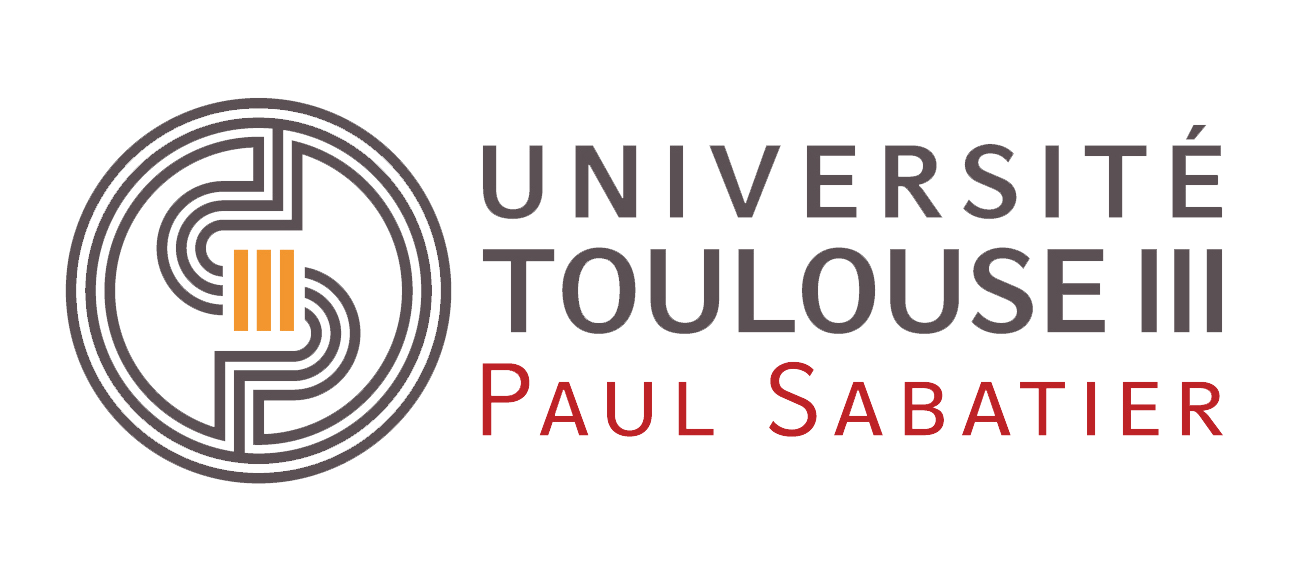Coordonnées/Contact information
Adresse/Site: Portugal
Axe: SANTAL
Titre/Fonction: Doctorant.e

Présentation de l’Auteur.e
> Thèse
La « Cuisine de Cœur » dans les pratiques alimentaires portugaises à la contemporanéité : identités et patrimoines en (re)construction
> Directeur de thèse
Jean Pierre Poulain, Professeur des Universités, Sociologie, Université Toulouse 2
> Mots clés
« Cuisine du Cœur » (Cozinha dos Afetos); Patrimoines alimentaires; Patrimoines alimentaires familiaux ; Pratiques alimentaires; Portugal
Author's presentation
> Ph.D.Thesis
The »cook of the heart » in Portuguese food practices in contemporaneity: identities and heritages in (re)construction
> Ph.D.Supervisor
POULAIN Jean-Pierre, University Professor, Sociology, Toulouse, Jean Jaurès 2 University
> Keywords
Cooking from the Heart (Cozinha dos Afetos); Food heritage; Family food heritage; Food practices; Portugal
Thèmes de recherche
> Héritages alimentaires
> Pratiques alimentaires
> Héritages alimentaires familiaux
Research Topics
> Food heritages
> Food practices
> Family food heritages
Résumé
L´alimentation est un acte essentiel de la Vie, indispensable à la survie du corps et de l’âme. Nous ne survivrons pas sans nourriture et l’acte alimentaire, multidimensionnel et complexe, implique, outre la dimension biologique, des dimensions historiques, sociologiques et anthropologiques qui sous-tendent les pratiques alimentaires des groupes et des individus.
Caractérisé par l’abondance et la disponibilité des aliments, le XXIème siècle est marqué par des phénomènes de globalisation et d’homogénéisation, modifiant de façon profonde et accélérée les comportements et les pratiques alimentaires, de plus en plus individualisés. Pourtant, l’acte alimentaire suscite des mémoires gustatives qui remettent à un passé plus ou moins lointain, établissant des liens affectifs, en donnant des sentiments d’appartenance, et en valorisant et (re)construisant des identités et des patrimoines alimentaires.
Comprendre comment la «Cuisine de Cœur» que, dans d´autres univers linguistiques, des auteurs désignent par «Cozinha dos Afetos» (Soares, 2018a) «Nourritures de l´Âme», «Soul food» (Hubert, 2000, 2006), «Comfort food» (Locher et al., 2005), en tant que l´ensemble d’habitudes, de goûts et de mémoires gustatives acquis au sein de cercles familiers et conviviaux, est présent dans les pratiques alimentaires au Portugal et identifier les déterminants de cette construction, tel est l’objectif de cette étude.
Étant les identités et les patrimoines alimentaires des processus dynamiques, il est également prévu d’analyser comment la « Cuisine de Cœur» s´assume comme un véhicule de transmission des connaissances et des goûts du passé, ainsi que pour la reconstruction des identités et des patrimoines alimentaires portugais.
Une combinaison de méthodes de recherche qualitatives et quantitatives sera utilisée, en recourant à des entretiens individuels et de groupe, à l’observation participante et à l’application d’enquêtes par questionnaire, en garantissant la représentativité de l’échantillon et visant une approche holistique.
Thesis Abstract
Food is an essential act of Life, indispensable to the survival of body and soul. We will not survive without food and the act of eating, multidimensional and complex, involves, in addition to the biological dimension, historical, sociological and anthropological dimensions that underlie the eating practices of groups and individuals.
Characterized by the abundance and availability of food, the XXIst century is marked by globalization and homogenization phenomena, modifying in a deep and accelerated way the food behaviors and practices, more and more individualized. However, the act of eating gives rise to gustatory memories that take us back to a more or less distant past, establishing affective links, giving feelings of belonging, and valuing and (re)building identities and food heritages.
To understand how the « Cuisine de Coeur » that, in other linguistic universes, authors refer to as « Cozinha dos Afetos » (Soares, 2018a) « Soul foods », « Soul food » (Hubert, 2000, 2006), « Comfort food » (Locher et al., 2005), as the set of habits, tastes and gustatory memories acquired within familiar and convivial circles, is present in food practices in Portugal and identifying the determinants of this construction is the objective of this study.
Being identities and food heritages dynamic processes, it is also planned to analyze how the « Cuisine de Coeur » assumes itself as a vehicle for the transmission of knowledge and tastes of the past, as well as for the reconstruction of Portuguese identities and food heritages.
A combination of qualitative and quantitative research methods will be used, using individual and group interviews, participant observation and the application of questionnaire surveys, guaranteeing the representativeness of the sample and aiming at a holistic approach.
Communications
Colloques Nationaux et Internationaux avec ou sans actes/ National and International Symposium with or without proceedings
- Práticas alimentares em tempos de pandemia: que marcador? – TMS Algarve 2022: Sustainability Changes in Tourism, Hospitality and Management, Olhão 2022
- Modernas e sempre belas: olhares sobre a alimentação na revista Donas de Casa – 8º Colóquio Luso-Brasileiro de História e Culturas da Alimentação, Coimbra 2022
- Les livres et cahiers de recettes : un patrimoine perdu? – 7ème Conférence International d´Histoire et des Cultures de l’Alimentation, Tours 2022
- Alimentar uma rota : à volta dos enchidos em Aguiar da Beira – TWINE Conference – Co-creating sustainable rural tourism experiences with food & wine, local culture, landscapes, and people, 2022
« Portugal à Mesa » – Patrimónios Alimentares, Identidade e Tradição: o olhar do turista – INVTUR 2022
En savoir plus / More informations
>Activités pédagogiques / Teaching Activities
- Director of « Tourism, Hotel and Catering Management » course at ISLA – IPGT (Polytechnic Institute of Management and Technology), Porto, Portugal
- Teacher of Heritage, Food and Tourism at ISLA – (Polytechnic Institute of Management and Technology), Porto, Portugal
> Réseaux et associations scientifiques / Networks and Scientific Associations
-
Collaborator of CECH – Centre for Classical and Humanistic Studies of University of Coimbra
> Formation et Titres Universitaires / /Training and academic qualifications
- Post-graduation in Food: Sources, Culture and Societies, University of Coimbra
- Master in Tourism Management
- Licence in Hotel Management
- Licence in Electronics and Telecommunications Engineering
MAJ 30/11/2022






